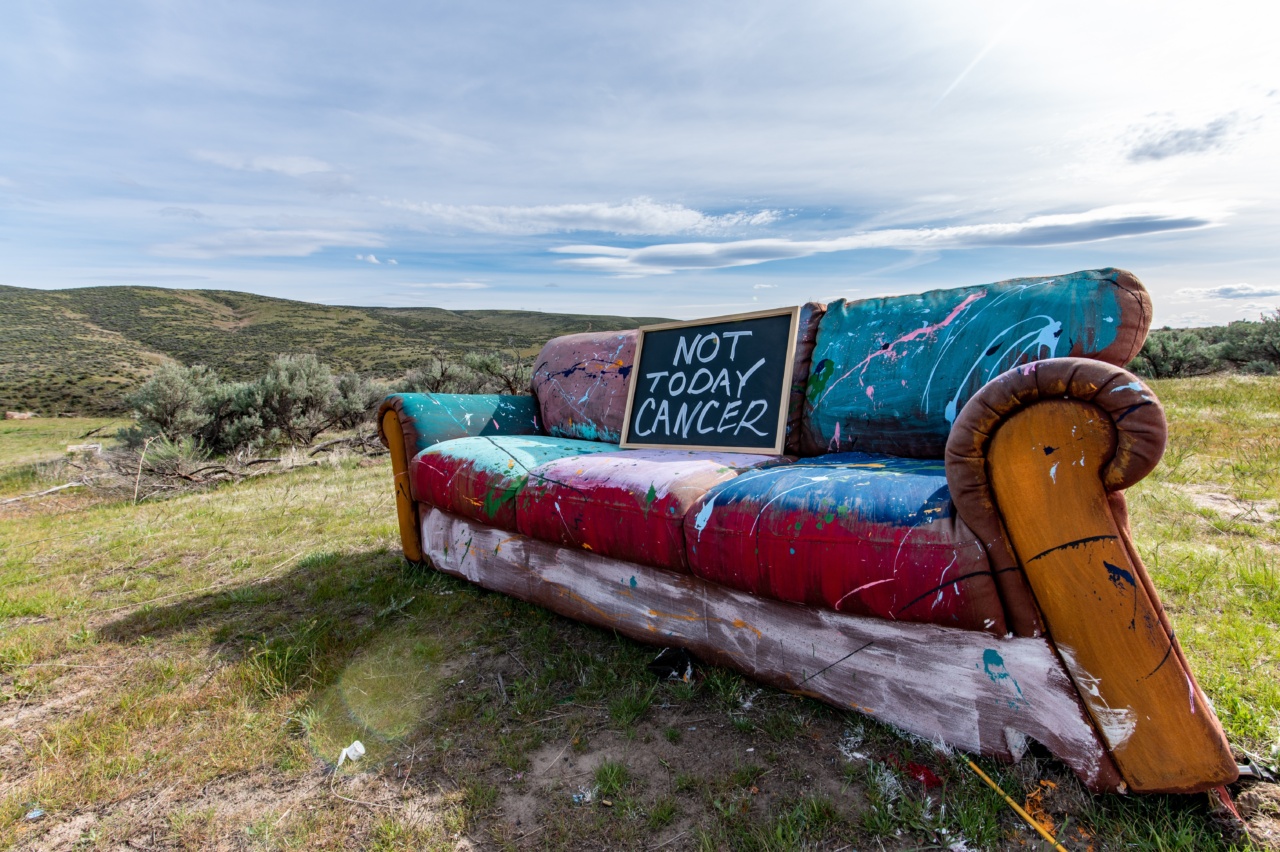Cancer is one of the leading causes of death worldwide. As we age, our risk of developing cancer increases. However, there are certain aging factors that can protect us against cancer.
Factor 1: Telomeres
Telomeres are the protective caps at the end of our chromosomes. They shorten as we age, and this is linked to an increased risk of cancer. However, research has shown that people who have longer telomeres are less likely to develop cancer.
One way to protect telomeres is through healthy lifestyle habits, such as getting enough exercise, eating a balanced diet, and managing stress.
A study published in the journal Cancer Epidemiology, Biomarkers & Prevention found that women who engaged in these habits had longer telomeres than those who did not.
Factor 2: Immune System
As we age, our immune system weakens, which makes us more vulnerable to all kinds of illnesses, including cancer. However, recent research has found that certain components of the immune system may actually help protect against cancer.
For example, natural killer (NK) cells are a type of white blood cell that can identify and kill cancer cells. As we age, our NK cell activity decreases, but research has found that regular exercise can boost NK cell activity in older adults.
Factor 3: DNA Repair
Our DNA is constantly being damaged by environmental factors, such as UV radiation and cigarette smoke. However, our bodies have a system in place to repair this damage, known as DNA repair.
As we age, this system becomes less efficient, which makes us more vulnerable to cancer.
However, some people have certain genetic variations that make their DNA repair system more efficient.
A study published in the journal Nature Communications found that people with these genetic variations had a lower risk of developing lung cancer, even if they were smokers.
Conclusion
While aging is a risk factor for cancer, there are certain factors that can help protect us against the disease. By taking care of our telomeres, immune system, and DNA repair system, we can reduce our risk of developing cancer as we age.































